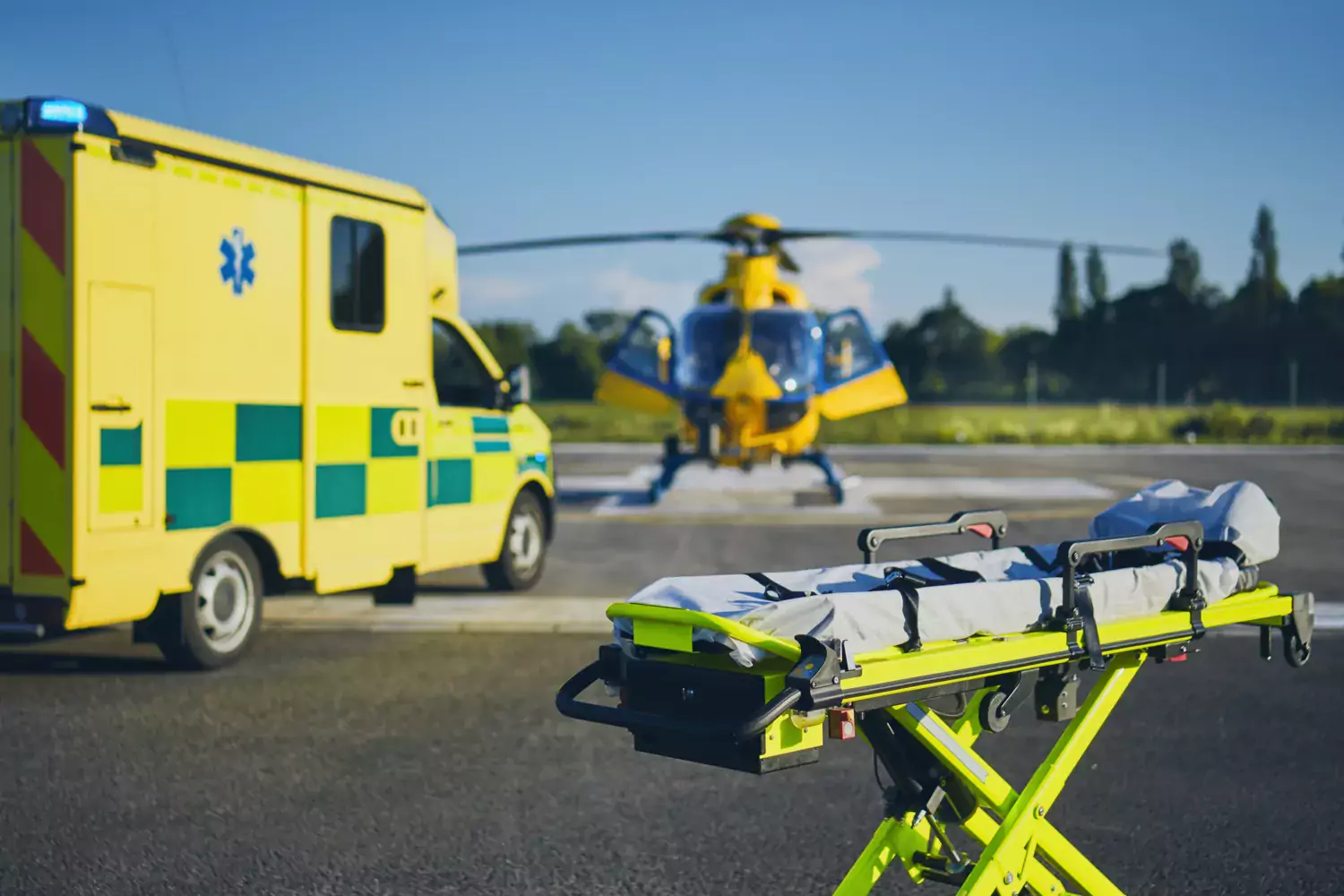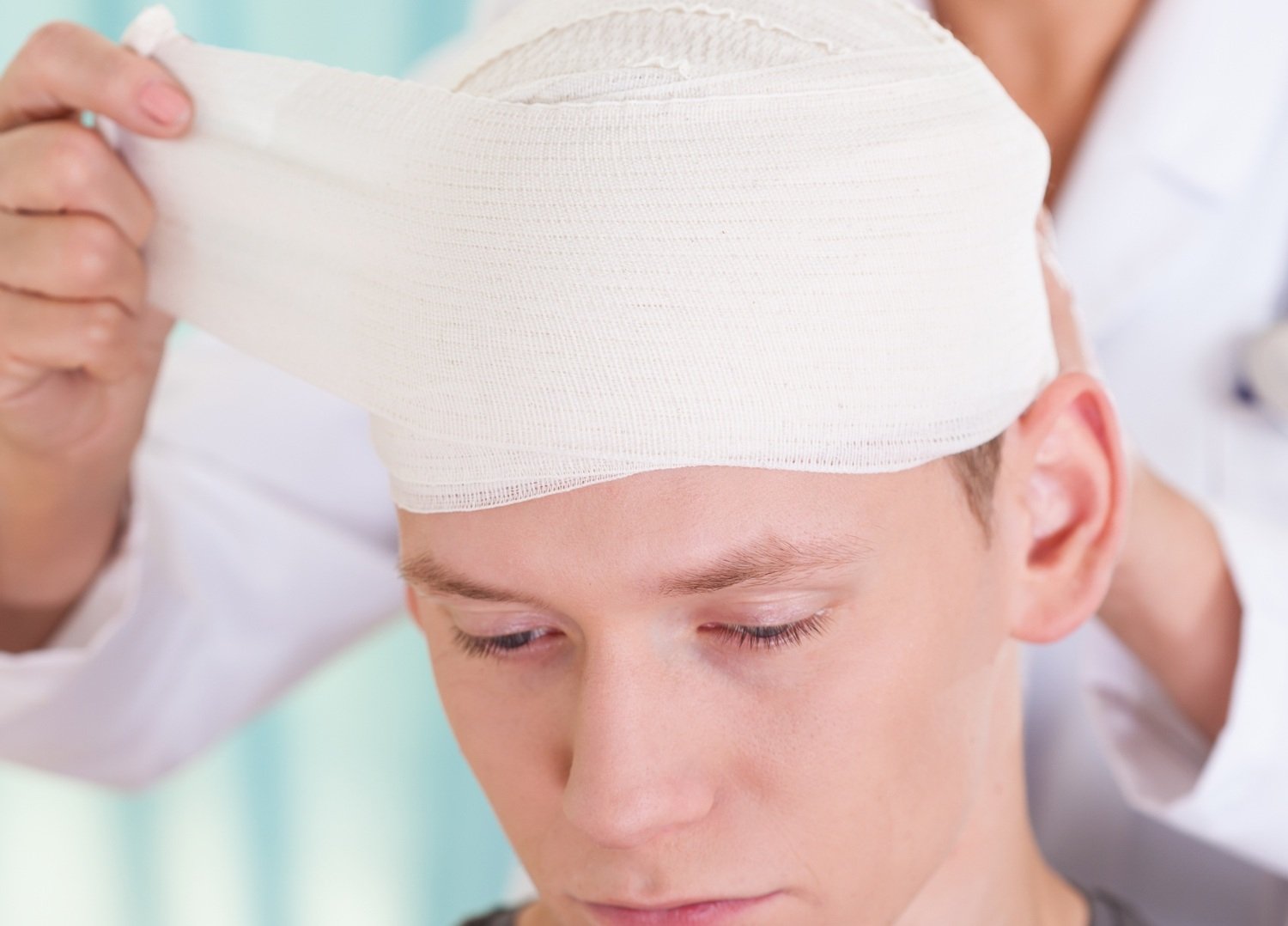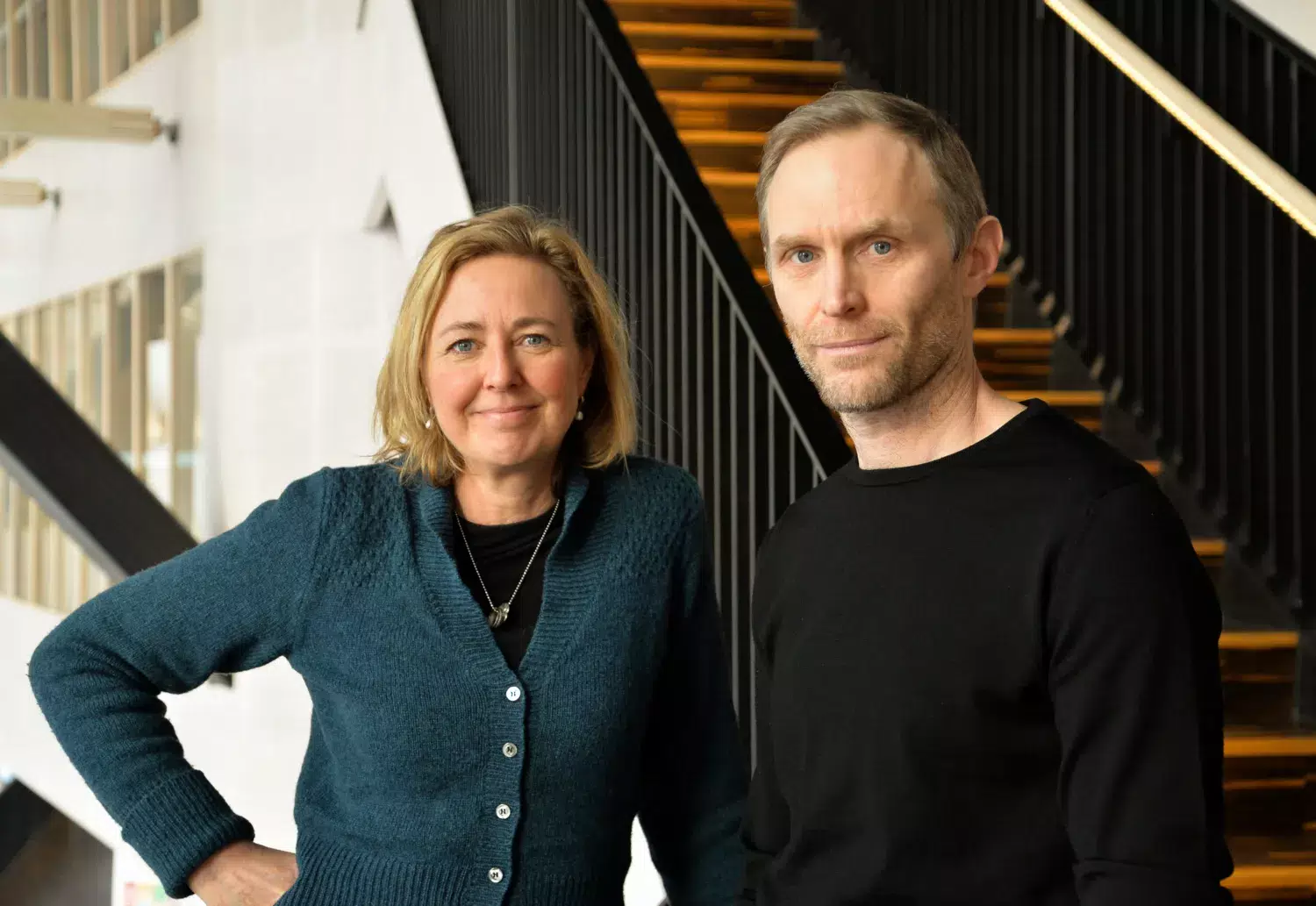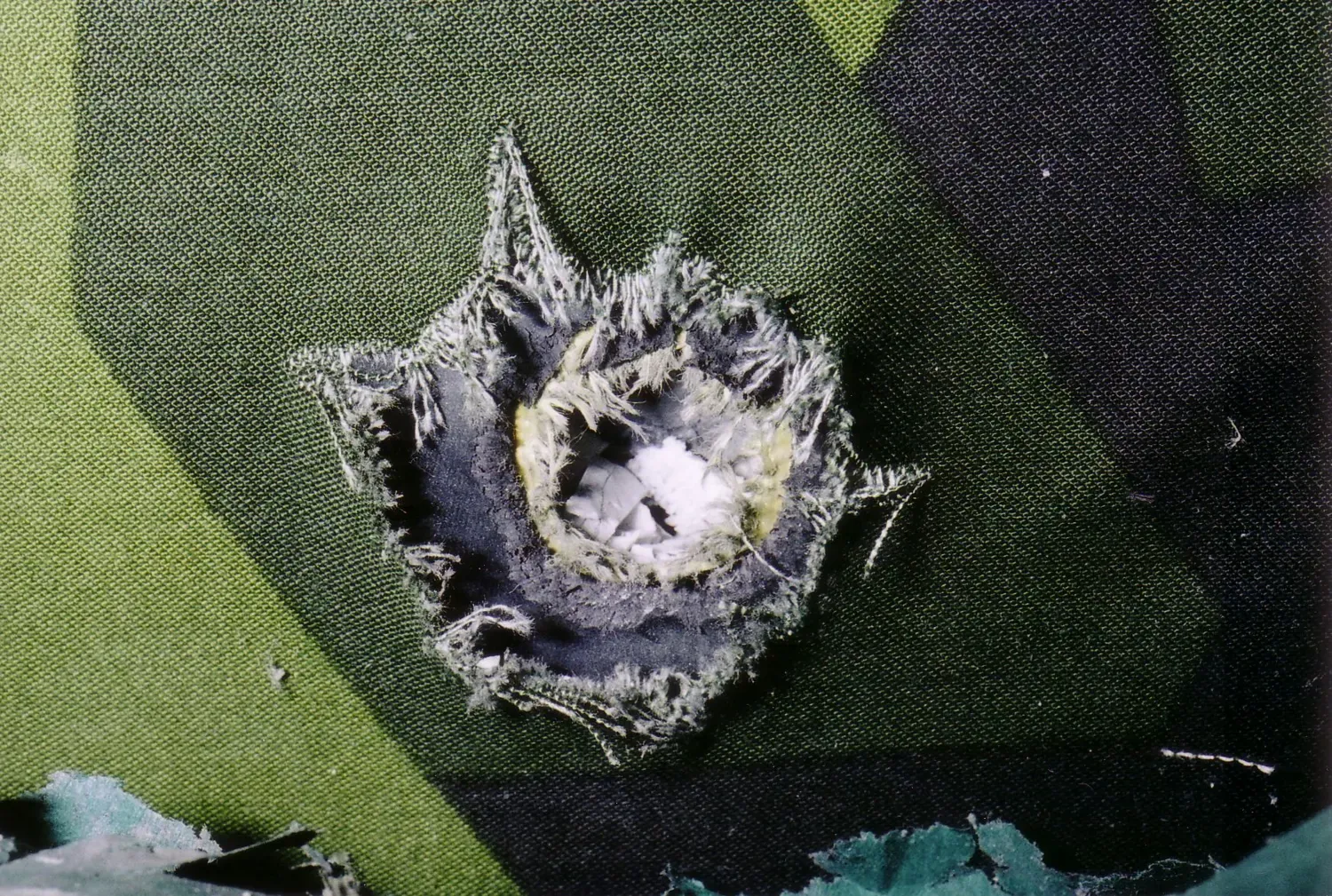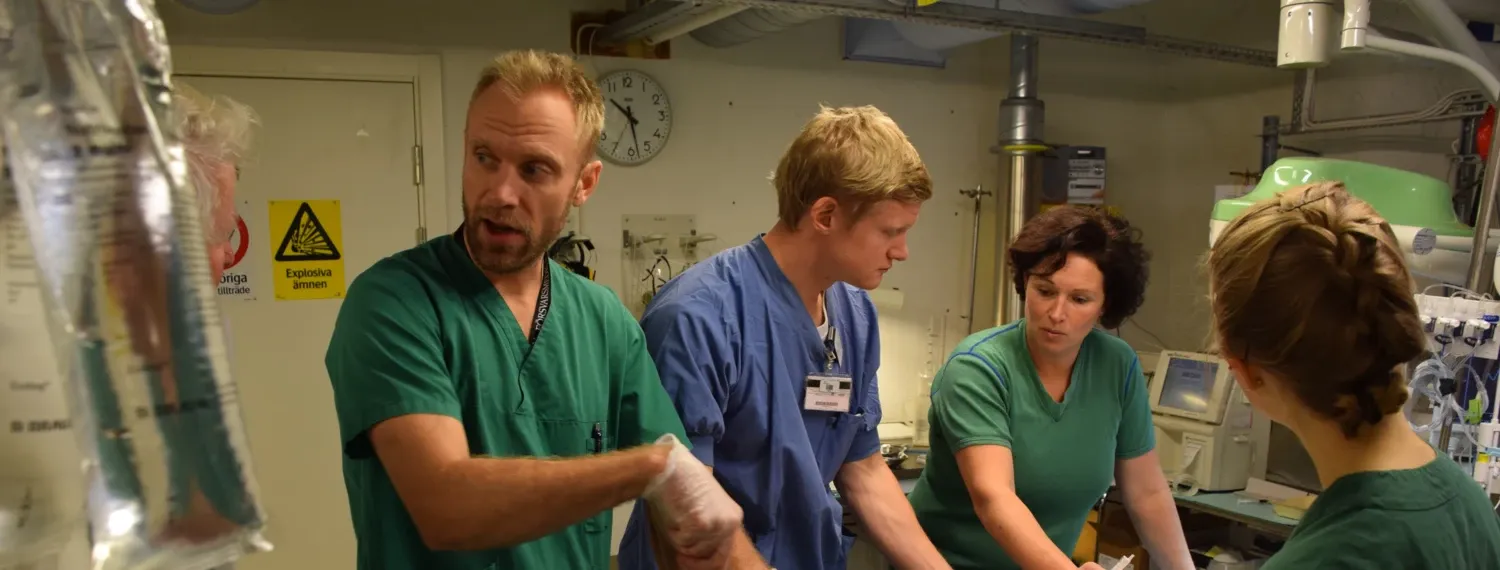About us
The Swedish Armed Forces have a long-standing tradition of advanced medical research. The unit for Experimental Traumatology was originally established by the Swedish Defence Research Agency (FOI).
In 2008, the unit was strategically transferred to Karolinska Institutet, by decision of Commander-in-Chief Håkan Syrén, to provide a platform for improved collaborations with national and international medical research institutes, and to further develop Swedish academic military medicine research.
The successful establishment of the unit at Karolinska Institutet enabled for continuous, competitive research in military medicine and traumatology.
Today, the unit maintains active research in many focus areas of military medicine and traumatology, which are continuously advanced in close collaboration with the Armed Forces.
In addition, the unit performs strategic external analyses in military medicine and traumatology and maintains close collaborations with national and international research networks and science and technology organizations, including the European Defence Agency.
The unit acts as an external advisor in traumatology for agencies including the Swedish Police authority and the Swedish Defence University.
 Photo: Unsplash
Photo: Unsplash
